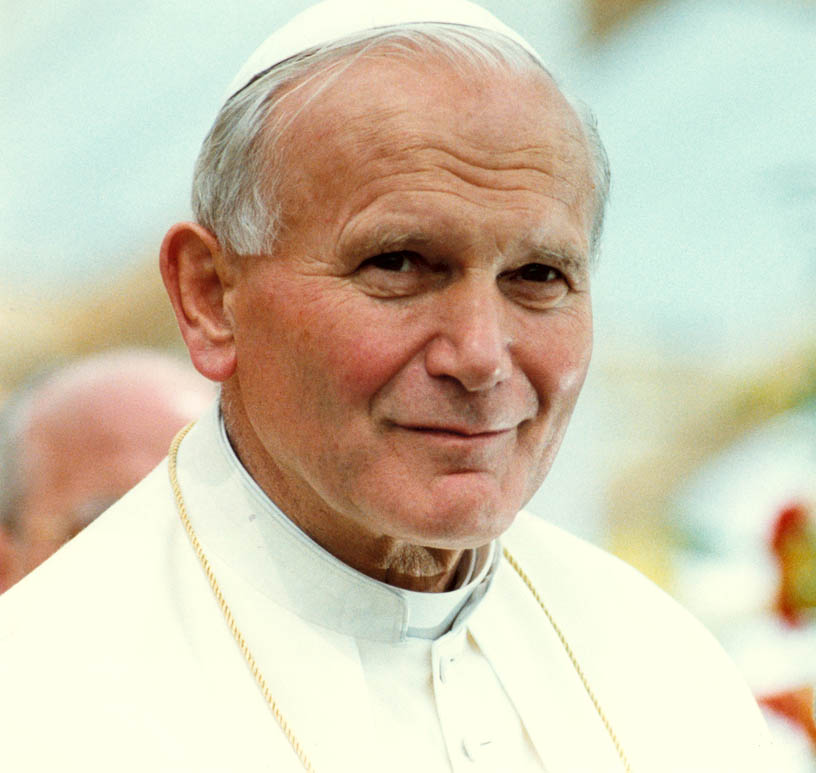Heresies abound. This is the idea that we can choose God at death, as if our choices on earth were antithetical to the one made at our particular judgment. In other words, I have just bumped into some people how think purgatory is a second chance
No, purgatory is not a second chance but the final purgation of sins, tendencies to sin and imperfections whic could have been accomplished on earth.
Purgatory is not like this."Oh, is that what you meant all this time God, now I see it and will gladly go to purgatory."
This undermines the choices we make in life daily. And, it undermines free will as the faculty we use while alive in order to make proper judgements, with the help of grace.
Some people are actually saying that we cannot know truth now. Wow! This is a slap in the face to God and to the thousands of missionaries in the world since Christ's Ascension. It also denies the reality of the canonized saints. those who have gone before us as witnesses and have achieved holiness while on earth.
Some people actually think they cannot make choices now which will determine heaven, hell. or purgatory.
These same people are not turning to the Church for instruction, but to either Protestant works, New Age books and talks, or exercises from false religions.
Here is a reminder from Blessed John Paul II from Veritatis Splendor.
30. In addressing this Encyclical to you, my Brother Bishops, it is my intention to state the principles necessary for discerning what is contrary to "sound doctrine", drawing attention to those elements of the Church's moral teaching which today appear particularly exposed to error, ambiguity or neglect. Yet these are the very elements on which there depends "the answer to the obscure riddles of the human condition which today also, as in the past, profoundly disturb the human heart. What is man? What is the meaning and purpose of our life? What is good and what is sin? What origin and purpose do sufferings have? What is the way to attaining true happiness? What are death, judgment and retribution after death? Lastly, what is that final, unutterable mystery which embraces our lives and from which we take our origin and towards which we tend?".50 These and other questions, such as: what is freedom and what is its relationship to the truth contained in God's law? what is the role of conscience in man's moral development? how do we determine, in accordance with the truth about the good, the specific rights and duties of the human person? — can all be summed up in the fundamental question which the young man in the Gospel put to Jesus: "Teacher, what good must I do to have eternal life?" Because the Church has been sent by Jesus to preach the Gospel and to "make disciples of all nations..., teaching them to observe all" that he has commanded (cf. Mt 28:19-20), she today once more puts forward the Master's reply, a reply that possesses a light and a power capable of answering even the most controversial and complex questions. This light and power also impel the Church constantly to carry out not only her dogmatic but also her moral reflection within an interdisciplinary context, which is especially necessary in facing new issues.51
It is in the same light and power that the Church's Magisterium continues to carry out its task of discernment, accepting and living out the admonition addressed by the Apostle Paul to Timothy: "I charge you in the presence of God and of Christ Jesus who is to judge the living and the dead, and by his appearing and his kingdom: preach the word, be urgent in season and out of season, convince, rebuke, and exhort, be unfailing in patience and in teaching. For the time will come when people will not endure sound teaching, but having itching ears they will accumulate for themselves teachers to suit their own likings, and will turn away from listening to the truth and wander into myths. As for you, always be steady, endure suffering, do the work of an evangelist, fulfil your ministry" (2 Tim 4:1-5; cf. Tit1:10, 13-14).

